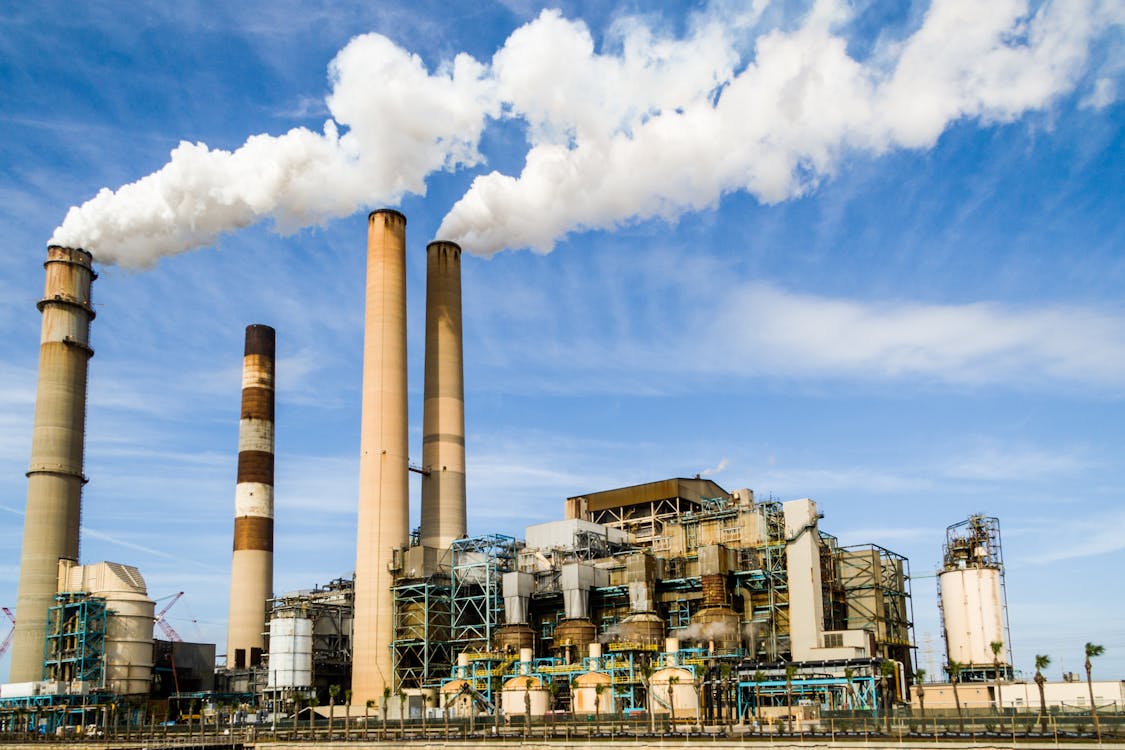The Influence of the Industrial Revolution on Modern Society
The Industrial Revolution, a pivotal era spanning the late 18th and early 19th centuries, profoundly reshaped societies across the globe. This transformative period, marked by advancements in technology, manufacturing, and transportation, has left a lasting impact on modern society. Understanding this influence can provide valuable insights into our current industrial and social landscape.

Technological Advancements and Economic Growth
One of the most significant influences of the Industrial Revolution is the technological innovation that spurred economic growth. The development of machinery such as the steam engine, the spinning jenny, and the power loom revolutionized production processes. These inventions increased efficiency and productivity, leading to the rise of factories and mass production.
The shift from manual labor to mechanized work not only boosted productivity but also created new industries and job opportunities. This economic transformation laid the groundwork for the modern capitalist economy, characterized by large-scale manufacturing and global trade.
Urbanization and Social Changes
The Industrial Revolution also triggered significant demographic shifts. As factories sprung up, people migrated from rural areas to urban centers in search of employment. This migration led to rapid urbanization, with cities expanding and populations growing at unprecedented rates.
Urbanization brought about various social changes, including the rise of a new social class structure. The burgeoning middle class, composed of factory owners and managers, contrasted sharply with the working class, who often endured harsh working conditions. This period also saw the emergence of labor unions and social reform movements, advocating for workers' rights and improved living conditions.
Impact on Lifestyle and Daily Life
The Industrial Revolution drastically altered everyday life. Innovations in transportation, such as the locomotive and the steamship, made travel and the movement of goods faster and more efficient. These advancements not only facilitated trade but also broadened people's horizons, enabling them to travel and communicate more easily than ever before.
Moreover, the era introduced significant changes in domestic life. The availability of mass-produced goods led to a rise in consumerism, with a wider variety of products becoming accessible to the general public. This shift contributed to the development of a consumer-oriented society, a characteristic that remains prevalent today.
Long-term Environmental Effects
While the Industrial Revolution spurred economic and technological progress, it also had adverse environmental impacts. The increase in coal consumption and industrial emissions contributed to air and water pollution, laying the groundwork for contemporary environmental challenges.
The legacy of industrial pollution has prompted modern society to seek sustainable practices and cleaner energy sources. Understanding the environmental consequences of industrialization is crucial in addressing current ecological issues and promoting a sustainable future.
Conclusion
The Industrial Revolution's influence on modern society is undeniable. From technological advancements and economic growth to urbanization and social change, its impact is far-reaching. While it brought about significant progress, it also introduced challenges that continue to shape our world today. Reflecting on this period helps us appreciate the complexities of industrialization and its enduring legacy on our contemporary society.
By examining the transformative effects of the Industrial Revolution, we gain a deeper understanding of our current economic, social, and environmental landscape. This historical insight is essential for navigating the challenges and opportunities of the modern world.
Additional Resources
For further reading on the Industrial Revolution and its impact, consider exploring the following resources:

 Cricket Score Counter
Cricket Score Counter Heads or Tails
Heads or Tails
You have not logged in, please Login to comment.